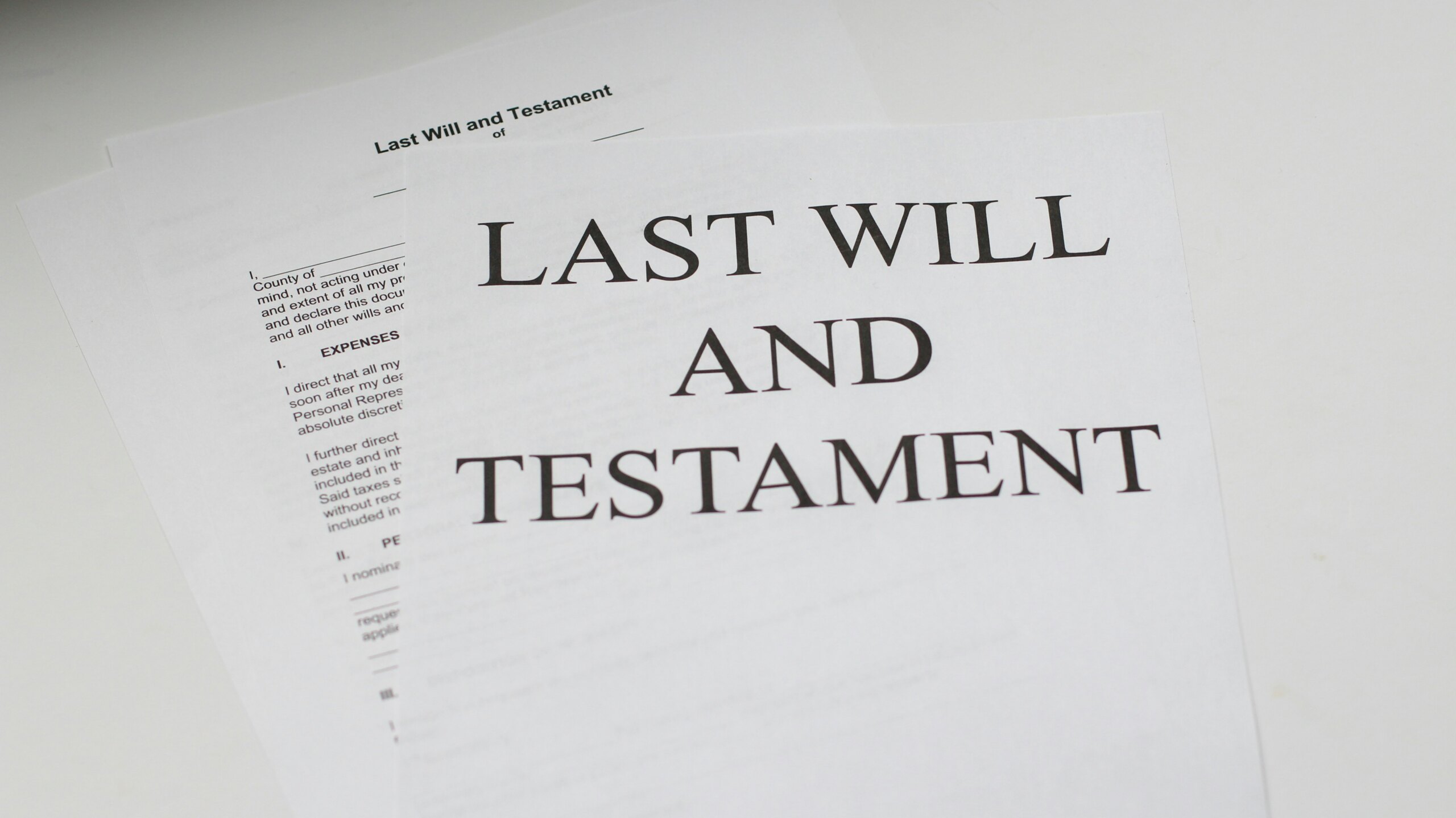When most people think about the future, they imagine taking care of loved ones, protecting what they’ve built, and leaving behind a legacy. But without proper estate planning, your intentions may never be legally recognized. If you die without a will in Massachusetts—known as dying intestate—state law, not your personal wishes, will determine what happens to everything you leave behind.
At PK Boston Law, we help individuals and families across Massachusetts take control of their legacy through personalized, legally sound estate planning. Here’s what you need to know about intestacy—and how we can help you avoid it.
What Does It Mean to Die Intestate in Massachusetts?
Dying intestate means you have no valid will or estate plan at the time of your death. In Massachusetts, your assets are then distributed according to the Massachusetts Uniform Probate Code (MUPC). While this law provides a framework for dividing assets, it often doesn’t reflect the true desires of the deceased.
Key consequences of dying intestate in Massachusetts include:
- The state decides who inherits your estate. Spouses, children, parents, and other relatives may receive shares based on a predetermined formula.
- Unmarried partners and stepchildren may receive nothing.
- The probate court appoints a personal representative (executor) to administer your estate—possibly someone you wouldn’t have chosen.
- Guardianship for minor children is decided by the court, not by you.
In short, intestacy laws do not account for blended families, personal relationships, or charitable wishes. Without clear documentation, your estate may be subject to delays, legal fees, and family disputes.
Massachusetts Intestacy Scenarios
Here are a few common examples of how assets are distributed under Massachusetts intestacy law:
- Married with children (all from the same spouse): The surviving spouse inherits the entire estate.
- Married with children from a previous relationship: The surviving spouse gets the first $100,000 plus half of the remaining estate. The rest goes to the children.
- Unmarried with children: The children inherit everything equally.
- Unmarried with no children: Assets go to surviving parents, then siblings, then more distant relatives.
As you can see, things can get complicated quickly—especially for blended families or individuals with unique family dynamics.
How PK Boston Law Can Help You Avoid Intestacy
At PK Boston Law, we offer strategic estate planning services that ensure your assets, family, and future are protected. We work with clients across Massachusetts to create comprehensive, legally binding documents such as:
- Last Will and Testament – Clearly outlines who inherits your property, who should care for your children, and who will manage your estate.
- Revocable Living Trusts – Can help avoid probate and provide more control over how and when assets are distributed.
- Powers of Attorney – Appoints someone you trust to handle financial or legal matters if you’re unable.
- Health Care Proxies and Living Wills – Specify your medical wishes and designate a trusted person to make health care decisions on your behalf.
Our team takes the time to understand your goals, explain your options, and design a plan that works for you and your loved ones.
Start Planning Today
The best time to create an estate plan is before it’s urgently needed. Whether you’re just starting a family, buying a home, running a business, or approaching retirement, PK Boston Law is here to guide you through the process.
Let’s make sure your wishes are honored—and your family is protected.
Contact PK Boston Law today to schedule your estate planning consultation and take the first step toward peace of mind.




